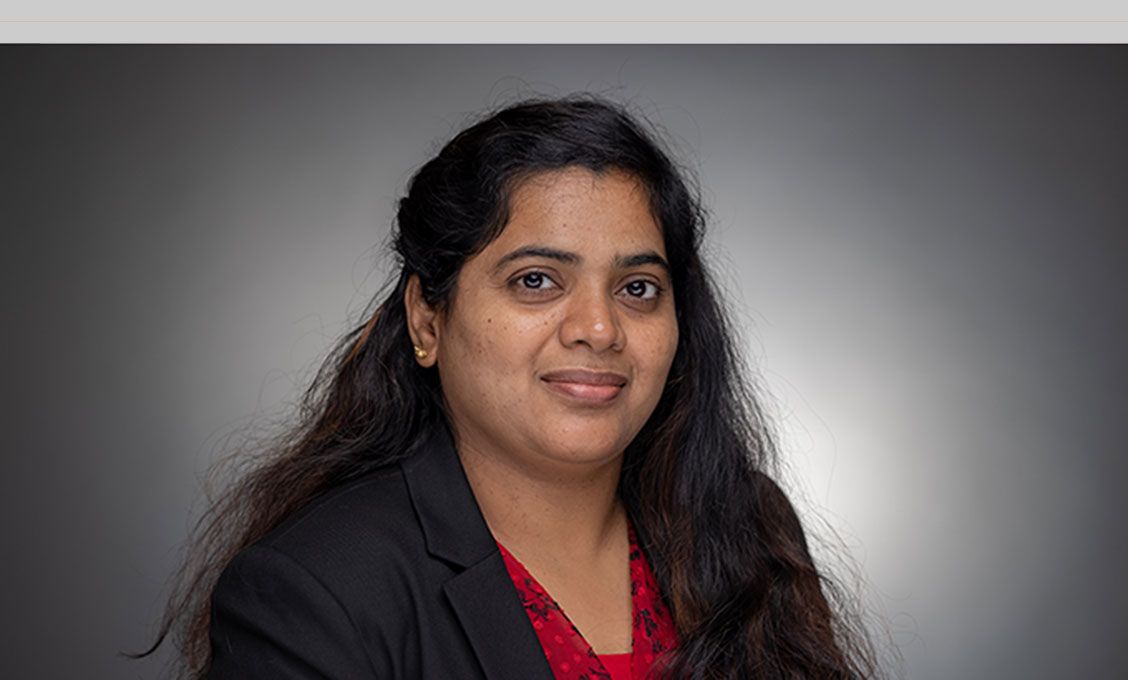
A Mission to Create a Better Planet
Last year, during an orientation session, CBU engineering professor Dr. Deepa Kodali was asked to share her mission statement. Although this was customary exercise, her answer was a revelation—even to herself: “I want to hand over a greener and safer planet to the next generation,” she said.
Dr. Kodali hadn’t previously considered it in those exact words, but her response was heartfelt. She was deeply concerned about the status of the environment and especially troubled by the consumption of plastic, which threatens our health and destroys our ecosystems.
Engineers like Dr. Kodali address challenges and develop solutions for problems like plastic pollution using scientific and mathematical principles. The field of engineering is big, broad and constantly evolving. It’s practical but also aspirational.
“Dr. Kodali works hard every day to ensure that her students gain the skills necessary to be successful engineers,” said Dr. Andrew Assadollahi, Dean of the Gadomski School of Engineering. “She mentors them both in and out of the classroom, with their engineering projects and life aspirations. CBU is lucky to have her.”
Beginning the Mission
As a child in India, Dr. Kodali excelled in math and enjoyed fixing things. Her father shared this interest, and they would work together to repair objects like televisions and bicycles. When it was time to go to university, mechanical engineering was a natural fit for her skills.
She earned her bachelor’s degree at the Gandhi Institute of Technology and Management, which was then affiliated with Andhra University, and her master’s degree from the Jawaharlal Nehru Technological University, Hyderabad, India.
For her doctoral work at the University of Alabama-Huntsville, Dr. Kodali moved 8,700 miles away. She completed a post-doctoral research fellowship at Tuskegee University in Tuskegee, Alabama, and joined the faculty at Christian Brothers University in August 2021.
The Lasallian Mission
When she was interviewing for the position, Dr. Kodali realized that many of CBU’s professors had been teaching at the university for 20 or 30 years. “I realized that CBU values its employees,” she said. “I thought, ‘This is going to be a good place.’”
Once she arrived on campus and started working in the Gadomski School of Engineering, her positive feelings continued to grow. Her colleagues were kind, welcoming, and generous. Professors shared knowledge freely, and small class sizes ensured a personal connection between students and faculty.
“In big schools, you can have 50, 60, or 70 students in one class, and no one cares if you don’t come to school. … Here, I know each student’s strengths and weaknesses,” said Dr. Kodali. “We address students personally. We have meetings and guide them on how to improve their skills and grades. We share career opportunities and offer research projects to cultivate their interests. We are always here. We are always happy to help. Our doors are open, and they can enter at any time. My goal is to help students realize their potential, grow with confidence, and pursue a path that’s right for them. I want them to enjoy the learning process rather than feeling it as a burden.”
Dr. Kodali teaches courses in multiple engineering areas, including Fluid Dynamics and Aerodynamics. She serves as a faculty advisor for the SAE Aero Design remote-controlled plane competition, and she regularly works with students on projects developing biodegradable packaging from natural materials such as rice husks and peanut shells.
Having attended a Catholic missionary school in India, Dr. Kodali quickly recognized the Lasallian tradition at CBU and embraced and appreciated the value placed on service, inclusion, and personal relationships.
“I am genuinely satisfied with my experience here,” she said. “I like the work culture. The people are very supportive—like a second family. Students receive a high-quality education at an affordable price, and CBU is inclusive. No one feels left out here. Respect is given to everyone. Each and everyone’s traditions and culture are valued.”
Dr. Kodali’s office is in Nolan Hall.

